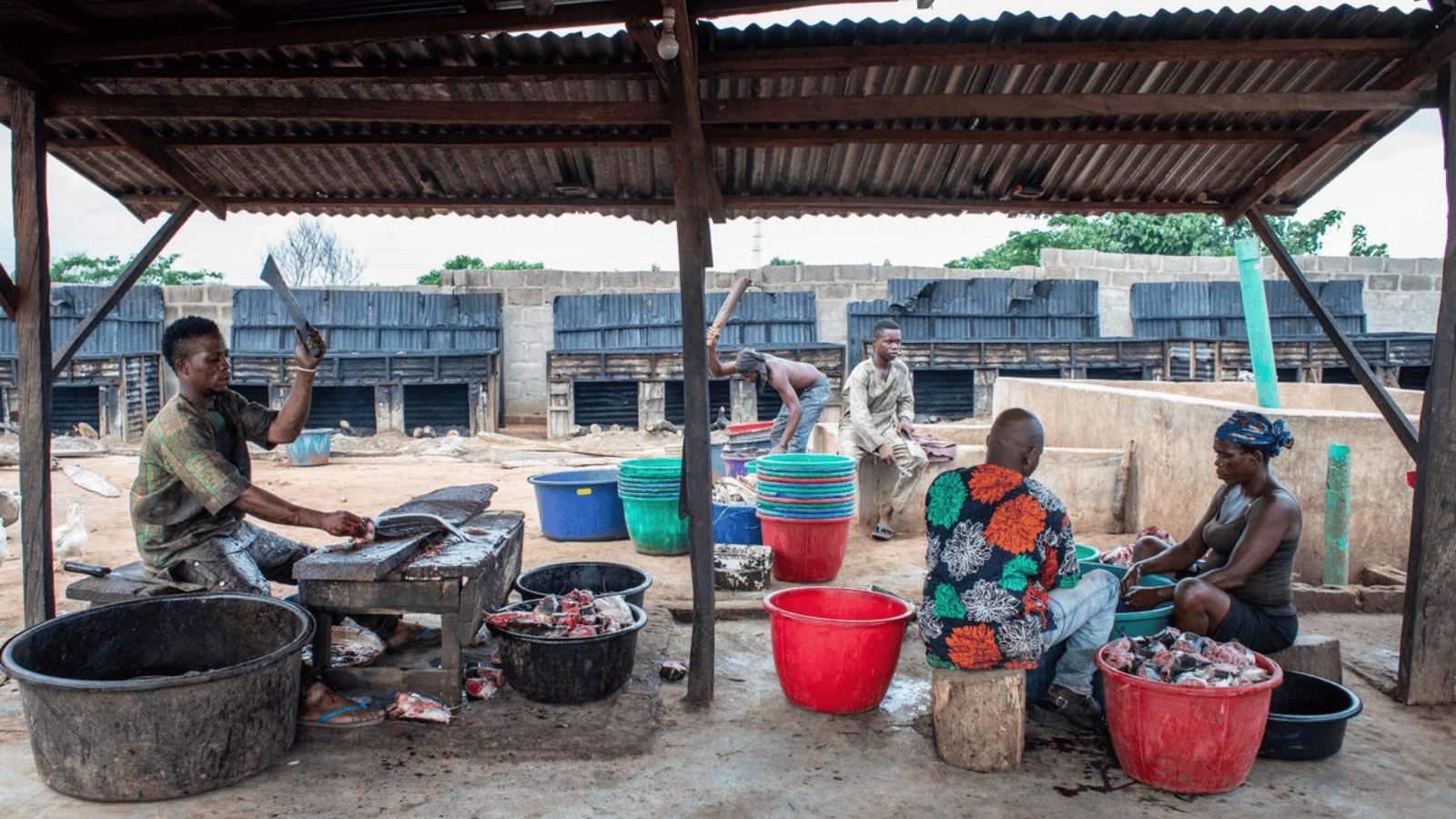SEED FUNDING JOINT PROGRAMMES
Rwanda
Resilient Food Systems: Enhanced Value Chain and Post Harvest Management





PROJECT TITLE | Resilient Food Systems: Enhanced Value Chain and Post Harvest Management |
| Context | Food systems transformation is embedded in several national policies in Rwanda, including the National Transformation Strategy, the Strategic Plan for Agriculture Transformation, the National Environment and Climate Change Policy. In 2021, Rwanda developed its National Pathway, which highlights four priority areas for the country towards 2030: ensuring food security and nutrition for all, while increasing demand for healthy diets; enhancing the environmental sustainability of food systems; improving livelihoods for farmers and all workers in food systems while building resilience to shocks; promoting inclusion of women and youth in food systems, including through enhanced financial opportunities. |
| PUNOs | FAO, WFP, IFAD |
| Contribution to SDGs | SDG 1 No Poverty; SDG 2 Zero Hunger; SDG 8 Decent Work and Economic Growth; SDG 13 Climate Action |
| Contribution to other SDG transitions | Decent Jobs and Universal Social Protection; Energy Access and Affordability |
| Duration | July 2024 – June 2025 |
| Expected financial leverage | $ 3,070,000 |
| Alignment with SG Call to Action | Policy integration; Food systems governance; Research, data, technology and innovation; Inclusive and participatory design; Private sector engagement |
| Outcomes | The JP leverages on improved post-harvest management as a strategic approach to simultaneously reduce food loss, improve incomes, and boost food availability. The JP promotes the economic integration of youth-led MSMEs and builds linkages with partners and initiatives focused on nutrition and food security to connect the dots between food production, processing and consumption. |
| Partners |
|
| Outputs |
|
Nigeria advances implementation of national food systems pathway

Nigeria has unveiled its implementation strategy for the national food systems transformation pathway, outlining how the country will address its 78 priority actions presented at the 2021 UN Food Systems Summit. Announced by Dr. Sanjo Faniran, National Convenor and Director of the Social Development Office, Federal Ministry of Budget and Economic Planning, the strategy was developed collaboratively by all 36 states, 14 federal ministries, departments, and agencies (MDAs) focused on food and nutrition, and key development partners, including AGRA, FAO, GAIN, IFAD, and UNICEF. Implementation is now underway across all states and the Federal Capital, supported by a biannual review process that enables states to assess progress and share insights. This initiative marks a critical step in advancing Nigeria's sustainable food systems and national development priorities.
